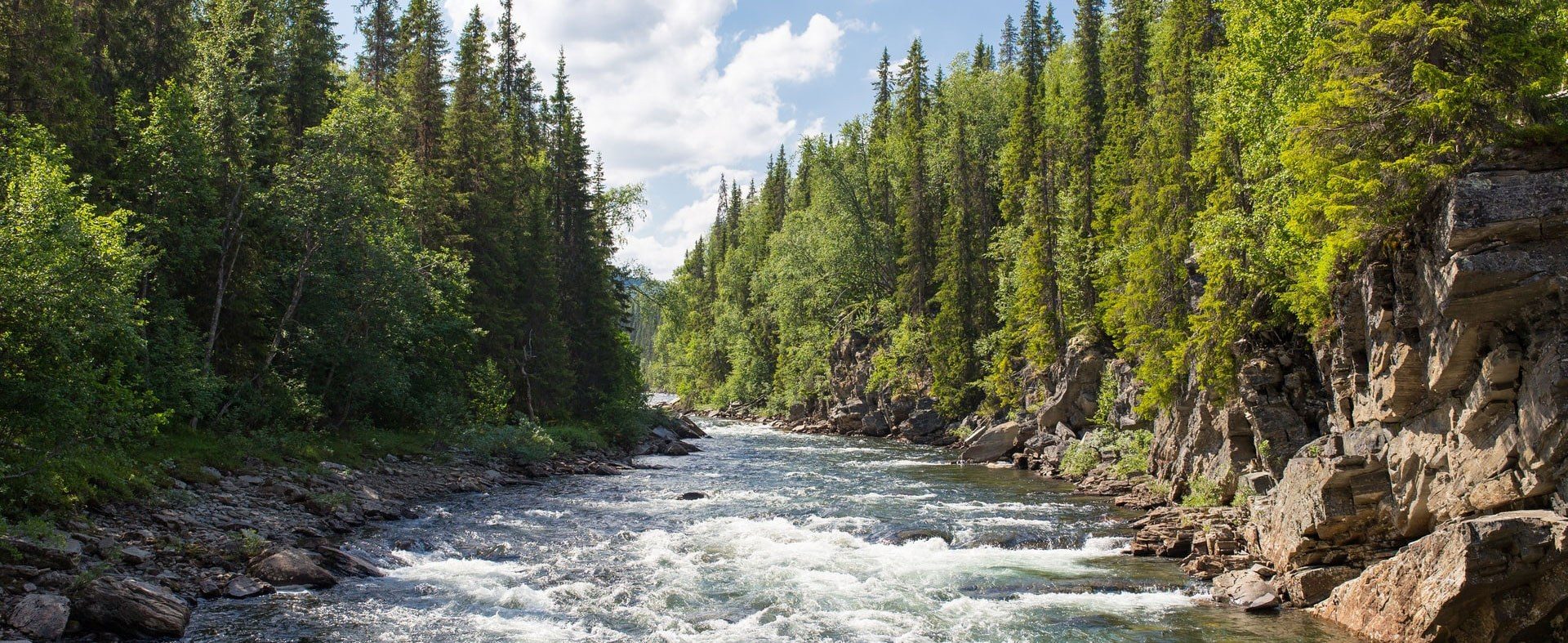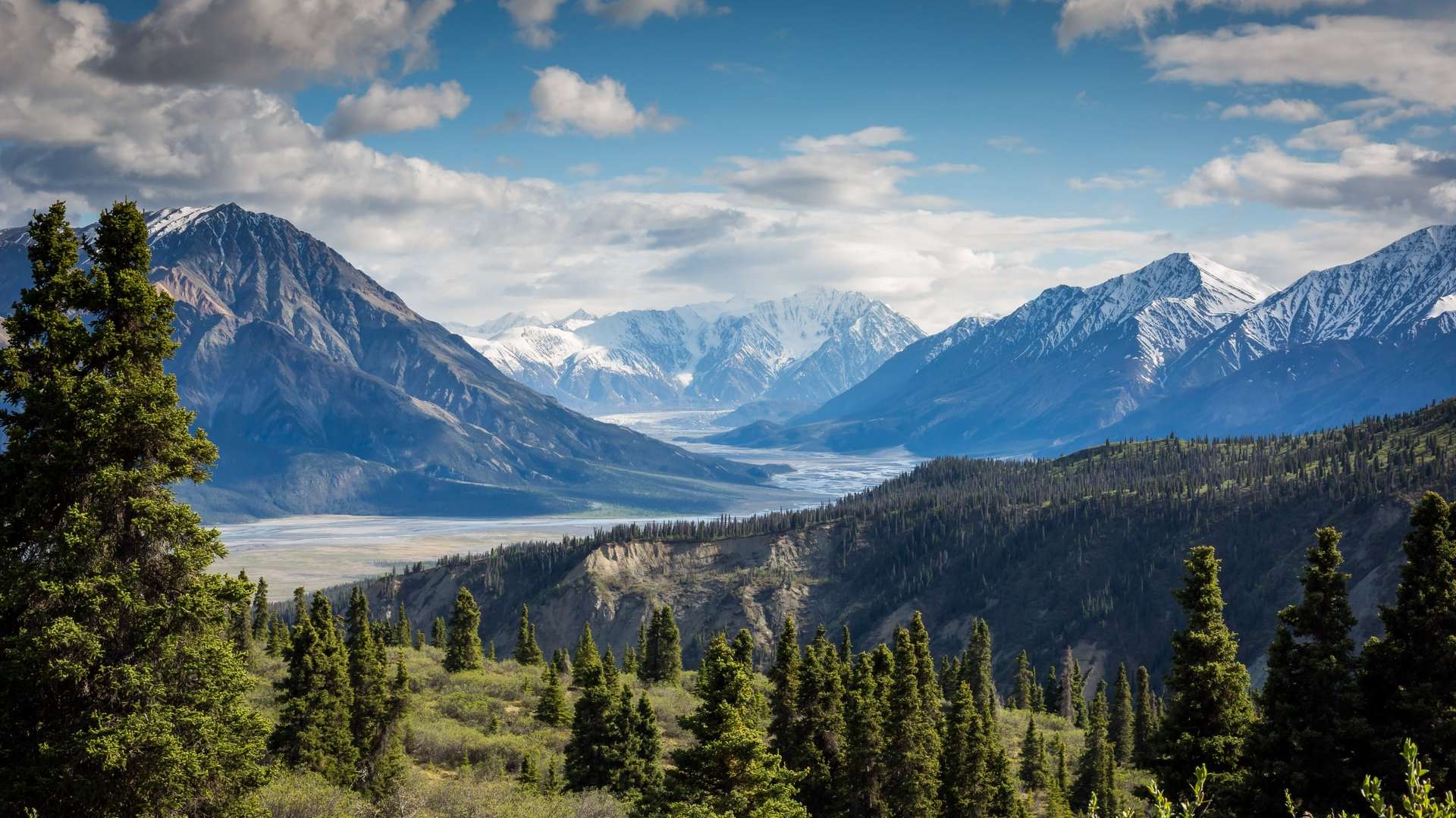
Let's Talk About Water
Promote Water Science Education with Film
About
Are you interested in film, or in water, or in communicating science? Let's Talk About Water (LTAW) is a grant program that provides an opportunity to engage others in discussions about important water issues. Learn more about the benefits of developing a Let's Talk About Water event in this EOS article. LTAW grants are awarded to cover reimbursement costs of up to $7,500.
Learn More
Watch Program Founder Linda Lilienfeld discuss Let's Talk About Water at the 2021 CUAHSI Biennial:
LTAW Proposal Tracks
There are 3 proposal tracks available:
- Track 1 - Movie Event or Series: Hold a traditional Let’s Talk About Water Event: Create a panel, screen a film that is related to water issues, and ask the panel to address questions from the audience related to the film and/or water issues.
- Track 2 - Science Communication Workshop: Hold a traditional Let’s Talk About Water Event plus host a science communication workshop for students, and then ask workshop participants to form the discussion panel.
- Track 3 - Short Film Production: Create a short film about water that can be hosted by CUAHSI and screened at a CUAHSI event or posted online. As a scientist, this type of event gives you the opportunity to tell the story of your (or someone else’s) work in a way that connects with a broad audience.
Questions regarding the Let’s Talk About Water grant should be directed to email hidden; JavaScript is required.
The LTAW award is currently on hold. Updates will be posted when available.
The Let’s Talk About Water (LTAW) grant application consists of:
A 2-page CV.
- A statement (maximum 3 pages) describing the proposed activity.
If a panel will be part of the project (tracks 1 and 2), a list of panelists should be included.
- A one-page budget, including a justification.
The budget can include compensation for students working on the project. If compensation for faculty is requested, a justification for that compensation must be clearly laid out as part of the budget.
Indirect costs (such as benefits or Facilities & Administration costs) are not covered by CUAHSI and should not be included in the budget.
Student and student groups must include a Letter of Endorsement/Commitment from the applicant’s advisor.
The LTAW application process is completed online. You must create an account with Proposal Space to submit your application. There is no fee for submitting. You can save your application in progress and return to it later, but all required documents must be entered before submitting. All required information must be submitted by the application deadline.
The clarity of the objectives presented for the work, including the target audience for the proposed work.
The likelihood of the proposed outcome being completed in a 1 year timeframe.
The proposed approach to reach the target audience. The approach should be a creative one that will ensure reaching the intended audience.
The overall impact on the public. The proposed work should clearly lay out how they expect it will impact the public.
The potential to contribute to the LTAW legacy. The proposed activities should build upon the LTAW work including bringing new approaches to science communication, reaching a broader audience, etc.
Is the proposed budget appropriate, realistic and properly justified? No indirect costs are allowed for this grant.
The LTAW award is currently on hold. Updates will be posted when available.
The application process is completed online through ProposalSpace. You must create an account with Proposal Space to submit your application. There is no fee for submitting. You can save your application in progress and return to it later, but all required documents must be entered before submitting. All required information must be submitted by the application deadline.
Eligibility. Students, student groups, faculty and staff affiliated with U.S. universities and colleges are eligible to apply for an LTAW Grant.
Grant conditions. Up to $7,500 grants are available for production costs, honoraria for panelists or workshop facilitators and travel. Grant funds may not be used to cover indirect costs (such as health insurance, or Facilities & Administration). Support for this Grant will be provided on a reimbursement basis in accordance with the CUAHSI Travel Policy. One-third (1/3) of the budgeted funds may be requested as an advance to cover large initial expenses.
CUAHSI Code of Conduct compliance. Awardees are required to comply with CUAHSI's Code of Conduct and complete a Disclosure Form upon award.
Deliverables
Final Report: Recipients are required to submit a final report that documents the significant outcomes of the sponsored activities to receive full reimbursement.
Dissemination: Recipients are expected to develop and execute a plan for disseminating their work, such as sharing their short film broadly
Film products: If LTAW funds were used to produce a short film, CUAHSI must obtain a digital copy of that production. If the production is posted somewhere online, a link to that posting is sufficient
2022 LTAW Grant awardee, Danelle Haake, RiverWatch Director and Stream Ecologist, National Great Rivers Research and Education Center, co-produced a short film called, Mussel Grubbers - A Citizen Science Treasure Hunt:
Watch 2020 LTAW Grant awardee, Paula Buchanan, speak about the benefits this award had on her career:
CUAHSI, through support from the National Science Foundation and the Johnson Family Foundation, has developed resources to enable you to host your own Let's Talk About Water event. CUAHSI staff are available to provide support if you have questions as you develop your event.
The LTAW event formula is simple;
- Decide what you are trying to achieve and who you are trying to reach.
- Choose a film and panel, determine a communications topic or create a film that supports your objective and target audience.
- Market your event or film and create buzz.
- Make it an engaging forum for a lively discussion!
As a scientist, LTAW events give you the opportunity to tell the story of your work, or someone else’s, in a way that connects with a general audience. For a more comprehensive list of water and environmental films that have been shown at previous LTAW events as well as past university and community events, view the complete Film Inventory on the official Let's Talk About Water website. And check out the recording of the LTAW Short Film Showcase webinar here!
Mayors Make Movies - An Initiative by Let’s Talk About Water

Mayors Make Movies is an initiative to promote wider engagement and
participation in water policy and water science communication through
short film production amongst mayors, youth, and filmmakers in cities
across the African continent. These partnerships address three concerns:
- Mayors are at the frontline of water resource management and water policy adoption in African cities.
- 60% of the population in the African continent is below the age of 25, and the total population is expected to double by 2050. The current and future youth population will inherit today’s solutions, problems, and policies. Their involvement now and in the future is crucial.
- Digital media and visual communication are important means to communicate with youth and a wide array of stakeholders.
Mayors Make Movies creates partnerships between mayors and filmmakers in African cities to produce short films that feature the role of and initiatives by city mayors, local issues and solutions, and highlight principles of water governance.
Visit the Mayors Make Movies website to keep up-to-date on the progress of this initiative.
